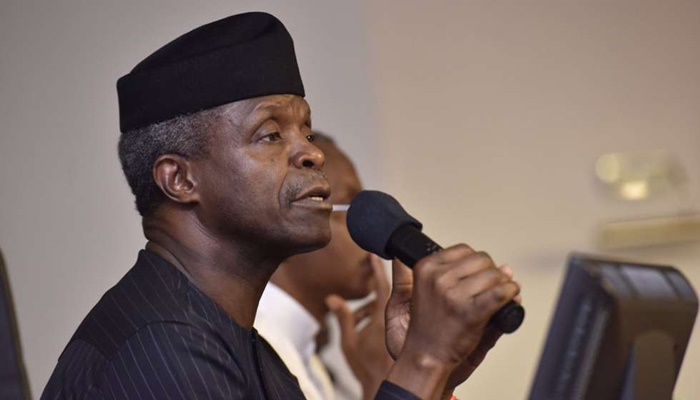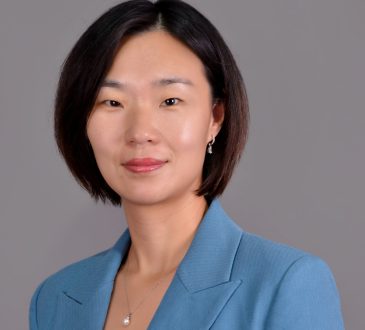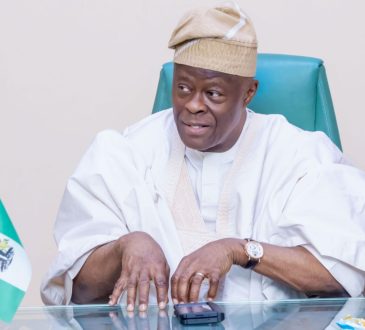How journalism, other professions can survive challenges of technology & social media by Osinbajo

“A guild is a society of gatekeepers; to you belongs the enormous task of defining the ethos, mores and ethics of your profession; upon you is the burden of setting the acceptable rules, conventions and practices of the profession.
“This burden is made greater by a society where corruption is systemic, and where there is a constant fight to deal with systemic corruption. But what is there is not just setting the rules, it is the burden of the gatekeeper to ensure that the rules are enforced and kept.
“When a threat is existential, the response must be radical otherwise we really may not have a profession, we may just be presiding over what we think exists when it has simply disappeared.”
REMARKS BY HIS EXCELLENCY, PROF. YEMI OSINBAJO, SAN, GCON, THE VICE PRESIDENT, FEDERAL REPUBLIC OF NIGERIA, AT THE OPENING OF THE 14TH ALL NIGERIA EDITORS’ CONFERENCE HELD IN ASABA, DELTA STATE ON 11TH OCTOBER 2018
I am extremely pleased to be here today at this 14th All Nigeria Editors’ Conference 2018. I was told that I was not required to necessarily speak on the theme: ‘Credible Elections Sustainable Democracy and the Nigerian Media.’ The advice we give the Nigerian media would always be the same, report fairly, report objectively and make sure that you are as balanced as possible.
So, what I would prefer to do is to speak to the guild as a lawyer and a law teacher, as one professional to another. So, I will speak to you on the subject that I have described as: ‘The End of the Professions, in particular, the End of Journalism.’
Two years ago, I was having lunch with a friend of mine who teaches law and technology at a British University, and during the course of the lunch, he said to me that did I realize that the legal profession as we knew it was coming to an end? I asked, how so? He replied that legal advice from which many of our colleagues and myself derived great benefit, was now commodified by technology. There were applications now and more sophisticated ones being made that would offer legal advice accurately, comprehensively, and objectively, and with Artificial Intelligence, they can even analyze data and make predictions about the outcomes of legal proceedings perhaps more accurately and definitely more objectively than humans.
So, when a client asks, what are my chances of winning in court? Should we settle or go to trial? A lawyer would probably answer the question from the point of view of if we don’t go to trial, how do I earn my fee. But Artificial Intelligence and technology would probably answer that question objectively and ensure that the person who wants the answer gets it completely objectively. Such a prediction would have required years of legal experience to make. Will you win in court or will you not win. But today, these predictions can be made in minutes by Artificial Intelligence because Artificial Intelligence has access to years of trial data and related information. But he was not finished.
He said work on electronic judging and arbitration was far-gone. By this, he meant that soon, contending parties in legal proceedings could submit their cases and arguments to an electronic judge, a device that would simply apply the law agnostically with complete objectivity and integrity and arrive at a decision. The good thing is that you cannot bribe an electronic judge. I hope you cannot. I think that he perceived I was losing my appetite when perhaps as consolation, he offered that it was not just the legal profession that was in its last days.
He said that the accountancy profession also was, especially auditing and the offering of financial advice. Just like law, the job of financial advisors would be done electronically. Financial models could be developed digitally; the best advice could be given with the benefit of artificial intelligence. What is it that professionals should bring to the table? Sound knowledge, information, objectivity, and integrity.
Today, a lot of these are in short supply in many professions. So, lawyers give advice that ensures they get the job, auditing firms give what they call a true and fair view of the financials of a company knowing that their view is neither true nor fair.
So, for Journalism, are we at the end also? Is journalism in its dying days? Today, social media has practically become the source of news of choice for a whole generation. Everybody and anybody can own a medium and can say literally anything. There are individuals now called on-air Personalities or social media personalities. They are read and listened to by hundreds of thousands and some of them usually have no training in journalism or its ethics.
So today, blogs have far more readership than newspapers and more viewership than television. Why you can even do videos on blogs, so it is not just a reading experience you can also have the visual experience, which you cannot do in the newspaper. Many newspapers, of course, have online versions. And what that tells you is that they have been dragged into competition with the digital media creations and it is not easy.
The journalism profession has always been at great risk anyway, greater risk, in my view, than other professions. Freedom of expression has always meant that anyone could own or use an information medium. But there were financial and some regulatory barriers that created obstacles for all comers but the most committed. This created some restrictions.
Today, all that is gone. Who is to blame for the death of the professions? What can be done? The first culprit is technology. But it is fruitless blaming this inevitable evil that also has the capacity for overwhelming good, in any event, you can’t eat your cake and have it. The second and most important culprit is professionals themselves.
Over time we have lost the trust of the public. What do people want? Truthful information, objectivity, clear analysis of complex issues of the economy, law or the social sciences. There was a time when someone would say, I read it in the Time, Daily Times, it was the closest thing to scripture.
Today, sceptics will ask who sponsored the story! Most of the investigative reporting, if it can be so described, is done by the ubiquitous blogs and online medium. The likes of the Newswatch, The News, Tell etc. that told the big stories have all gradually disappeared.
A guild is a society of gatekeepers, to you belongs the enormous task of defining the ethos, mores and ethics of your profession; upon you is the burden of setting the acceptable rules, conventions and practices of the profession. This burden is made greater by a society where corruption is systemic, and where there is a constant fight to deal with systemic corruption. But what is there is not just setting the rules, it is the burden of the gatekeeper to ensure that the rules are enforced and kept. When it is a self-regulatory profession such as yours and mine, it is a very difficult thing to do. But you are leaders by choice and the will of your colleagues, you must be held to account.
So, what is my own advice as one professional to another, because I also belong to a profession in jeopardy? Let me share with you what we the seniors in our profession are telling ourselves. First is that corruption is a cancer. Once it is permitted or overlooked, it will eventually kill its victims. When a lawyer aids the bribing of a judge, he is telling his clients they really don’t need a lawyer, only someone who knows the judge. Soon the client will not need you anymore.
Secondly, if our system of justice is slow and we allow delays to frustrate cases, soon no one will do cases in our courts any more. A British Court, Court of Appeal as a matter of fact, once quipped that it takes a generation to conclude a case in a Nigerian Court.
So, the duty of the leaders of the profession is to make the personal sacrifices that would save the profession. What is the point of the executive of the Bar Association or the Executive of the Guild of Editors, if we cannot call out corruption and unethical practices? You must surgically remove bad eggs in the interest of the profession. When a threat is existential, the response must be radical otherwise we really may not have a profession, we may just be presiding over what we think exists when it has simply disappeared.
As the President of the Guild, Funke Egbemode’s story goes; the town crier who was bribed to publicise the coronation of a flawed choice of a king was one of the first to suffer the consequence of the wrong choice. The corrupt king with a huge appetite impregnated the town crier’s brand new wife. I pray that we will not suffer that kind of consequence of the town crier in Jesus name, Amen.
Thank you for listening.






